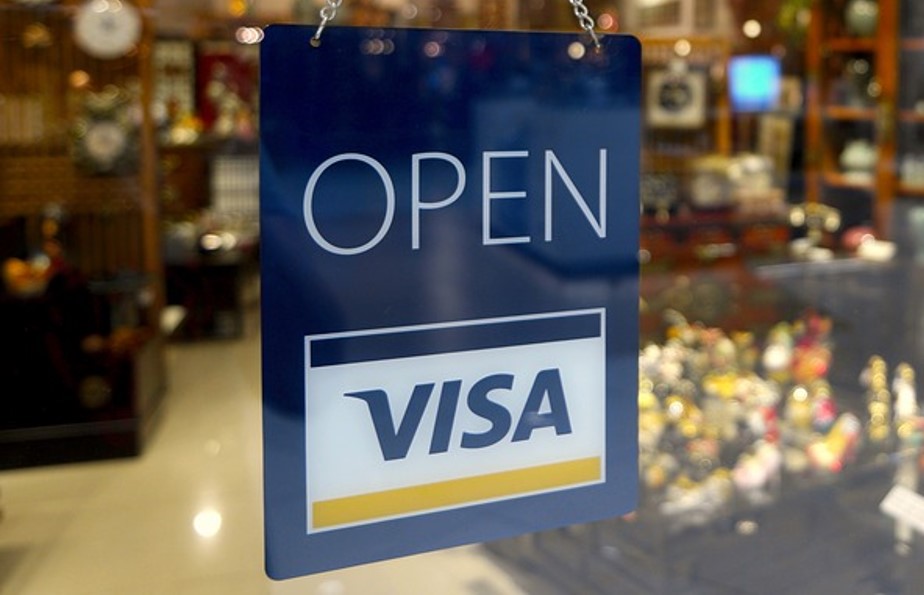
By alphacardprocess January 13, 2022
The Visa Fixed Acquirer Network Fee (FANF) is a non-swipe fee that is paid by the merchant to their acquiring bank for each debit card transaction, whether the purchase results in a Visa or Maestro payment.
WHAT IS THE ROLE OF THE FANF?
The Fixed Acquirer Network Fee (FANF) is a payment made by the retailer’s bank (the Acquirer) to Visa’s Member banks (Member banks), in respect of each debit card transaction. At present, British retailers wishing to accept Visa cards must pay an Fixed Acquirer Network Fee (FANF) to their acquiring bank who then pays this fee on to Visa.
The main consequence of the FANF is that it makes Visa Debit cards more expensive to accept for retailers. The Fixed Acquirer Network Fee (FANF) has been called the ‘secret cost of accepting debit cards’ by Which? magazine, and can add up to 10p on a customer’s bill if they use their debit card. In contrast, credit cards tend to be cheaper because the fees are shared by retailers and Visa.
The Visa Fixed Acquirer Network Fee (FANF) is set by the network (i.e. Visa) and not individual banks or merchants, which means that it is the same regardless of the retailer’s bank and merchant services provider (MSP). As a result, some larger retailers have chosen to negotiate special rates with their acquirers and brokers, to obtain a ‘FANF discount’.
The FANF was established in 1984 and was originally set at 3p. The fee is reviewed every 4 years by Visa Europe (the network) and the amount of the fee is normally changed during such reviews. In 2010 an increase from 5p to 8p was introduced, and in 2014 an increase from 8p to 10p was introduced.
How Does The Fixed Acquirer Network Fee (FANF) Operate?
When a retailer accepts a Visa Debit card, the customer’s bank is charged for that transaction by their own bank (the Issuing Bank) who in turn charges the retailer’s bank (the Acquirer). The Acquirer, who is effectively the retailer’s bank, then passes on this payment to Visa and receives a Fixed Acquirer Network Fee (FANF) reimbursement from Visa. Because these fees are passed on to retailers indirectly, they therefore convert into higher prices for consumers – which is where the ‘secret cost of accepting debit cards’ axe comes in.
Under Section 75 of the Consumer Credit Act, the bank is jointly liable to its customers if something goes wrong on a purchase of this kind. For example, if there was a problem with the goods or service which you have bought using your debit card or alternatively, an item that you have ordered has not turned up. As well as protecting consumers from being ripped off by unscrupulous merchants, it is a useful back-up for consumers who feel unable to complain directly about a transaction which has gone wrong.
Fees like the FANF make credit cards more attractive to retailers by making them cheaper than debit cards. Research has shown that Credit Cards are used far more often than Debit Cards by all types of shoppers. Credit Card spend is worth over five times more to retailers than debit card spend on average.
Since the introduction of new rules about unfair fees in 2012, some types of merchant (but not all) are legally entitled to charge customers who do not wish to pay with credit or debit cards an alternative flat-rate fee. However, this ‘surcharge’ must be clearly listed before the customer completes payment, and cannot reflect the cost to the merchant of accepting cards.
Also, this applies only to businesses that are not subject to UK-wide price controls (so they’re mainly hotels and car rental firms). A number of high street retailers have voluntarily opted out of these surcharge rules in favour of offering ‘cash discounts’, which like the flat-rate fee are essentially an incentive to pay by cash rather than card.
Although if you are hit with surcharges, there are some steps you can take to reclaim them from your bank or building society under Section 75. Always remember, if something goes wrong with a purchase, you have six years to take a complaint to the Financial Ombudsman Service (FOS) and Section 75 is one of your main weapons.
